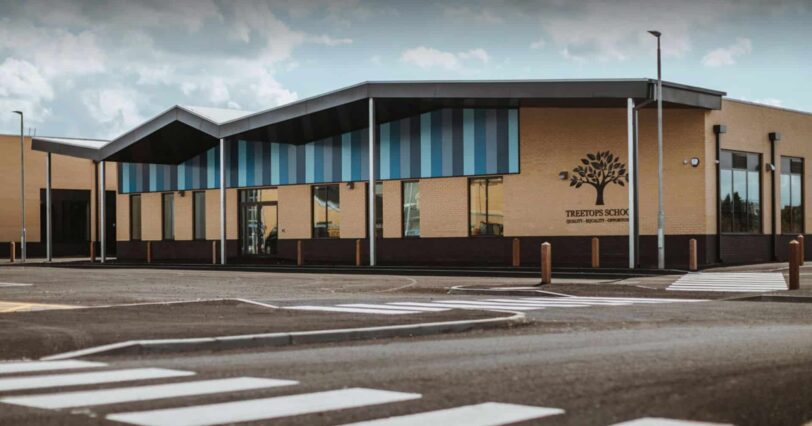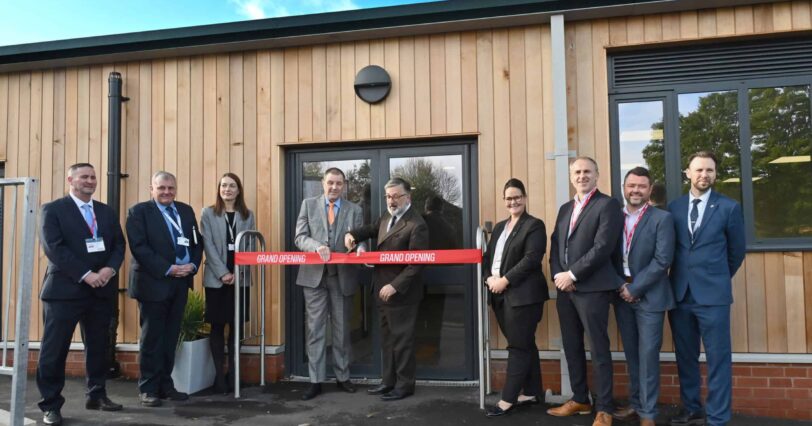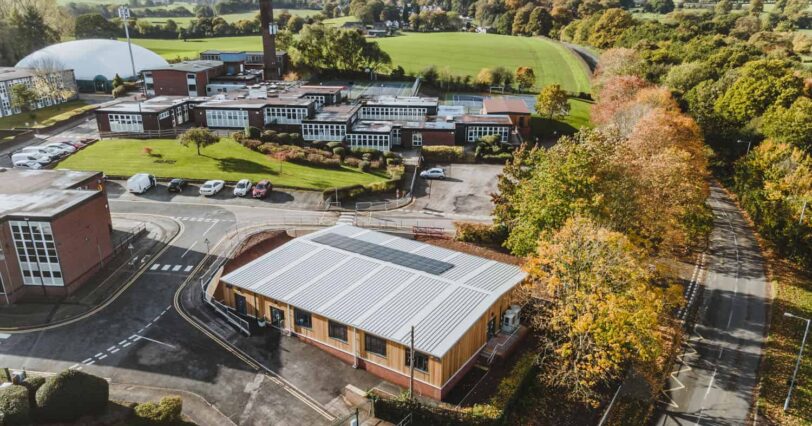On Wednesday 12th June, the UK became the first of the G7 countries – which consist of the UK, US, Canada, France, Germany, Italy and Japan – to set a net-zero emissions target by 2050, following advice from the independent Committee on Climate Change (CCC).
As one of her last acts as prime minister, Theresa May made the announcement saying in a statement: “Standing by is not an option. Reaching net zero by 2050 is an ambitious target, but it is crucial that we achieve it to ensure we protect our planet for future generations.”
In practice, this legislation could see organisations and individuals having to take crucial steps to reduce the amount of carbon they emit; for example, by doing away with fossil fuels in favour of clean renewable technologies or offsetting emissions by planting trees or using technology to take CO2 out of the atmosphere.
Positive steps
Although the announcement has raised some questions regarding Theresa May’s agenda, it has come at a critical time for the planet. Instead of asking ‘why now?’, Stephen Murphy, CEO of NetZero Buildings, says we need to collectively address the immense issue that is facing us and look at how we can reduce the UK’s impact on the climate.
If nothing else, the announcement has brought the conversation surrounding climate change – and the urgency with which we need to act in order to reverse it – to the forefront. This can only be a positive thing for the environmental movement, as the UK sends a global message that more needs to be done to tackle the climate crisis.
But thanks to cross-party support, the legislation also has the potential to be a seriously big deal and is a credit to the activists who have taken to the streets and social media in recent months to ramp up the pressure on politicians and large-scale corporate organisations.
“This is just the first step. The target must now be reinforced by credible UK policies, across government – inspiring a strong response from business, industry and society as a whole,” said John Gummer, Chair of the CCC.
Stephen Murphy added: “Climate action is not something that can be dealt with later and that is why our team at NetZero Buildings is dedicated to reversing the effects of climate change. We have a responsibility, not just as an organisation but as a country, to make conscious actions.”
Harnessing technology
As well as Theresa May’s agenda, questions have also been raised about how exactly the net zero target can be achieved. Although critics may argue this will require us to completely overhaul the way we currently live – for example, by cutting down drastically on meat consumption or flying – the answer to a sustainable future could lie in the technology and designs we already have at our fingertips.
For example, electric cars will soon replace petrol and diesel ones while other technological improvements such as LED light bulbs and low-carbon, hydrogen heating could reduce emissions without people even noticing. Artificial Intelligence and machine learning could also be used to alter the supply and demand for energy, as well as to predict and manage how emissions impact the climate.
Additionally, buildings and infrastructure are great places to start when it comes to significantly reducing emissions. Stephen Murphy says: “The built environment contributes to 40% of UK emissions – something that could be drastically reduced by implementing net zero emission buildings which generate renewable energy rather than relying on fossil fuels.”
Since 2013, NetZero Buildings has been committed to designing and building structures that consume as little energy as possible while generating as much as possible from clean, renewable sources – helping to reverse the effects of climate change.
This is achieved through NetZero Buildings’ unique off-site construction method and innovative use of technology such as integrated solar PV roofs and state-of-the-art, energy-efficient heating and cooling systems.
Working together
Contributing to a sustainable future should no longer just be a CSR sign off. It is now imperative that other countries follow suit to match the UK’s pledge – and that businesses work together to help make the net zero target a reality by 2050.
“We have a long way to go but I truly believe that if we act instead of questioning, and believe instead of doubting, we can achieve a net-zero world. Regardless of political agenda, this issue needs to be acknowledged and I hope this encourages businesses across all industries to work harder to reduce their impact on the climate,” explained Stephen Murphy
NetZero Buildings has already started working with other organisations to help make a difference and to create a world that future generations can thrive in; for example, by joining forces with Public Sector Plc to build radically efficient electric homes.
To find out more about NetZero Buildings and our track record for creating high-quality, energy-efficient, off-site manufactured buildings, take a look at our latest projects.







